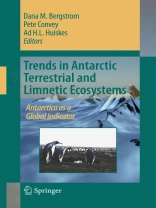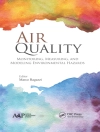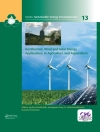The Antarctic provides a suite of scenarios useful for investigating the range of climate change effects on terrestrial and limnetic biota. The international SCAR programme Ri SCC (Regional Sensitivity to Climate Change in Antarctic Terrestrial and Limnetic Ecosystems) is investigating these scenarios with the goals of (1) understanding the likely response of Antarctic biota to changing climates, and (2) contributing to the development of broadly applicable theory concerning interactions between climate change, indigenous and introduced species, and ecosystem functioning. The programme draws upon both new and existing data.
The purpose of the book is to provide, based on the most up to date knowledge, a synthesis of the likely effects of climate change on Antarctic terrestrial and limnetic ecosystems and, thereby, to contribute to their management and conservation, based on the information.
Table des matières
Trends in Antarctic Terrestrial and Limnetic Ecosystems: Antarctica as a Global Indicator.- The Physical Setting of the Antarctic.- Colonisation Processes.- Biogeography.- Biogeographic Trends in Antarctic Lake Communities.- Life History Traits.- Physiological Traits of Organisms in a Changing Environment.- Plant Biodiversity in an Extreme Environment.- The Molecular Ecology of Antarctic Terrestrial and Limnetic Invertebrates and Microbes.- Biological Invasions.- Landscape Control of High Latitude Lakes in a Changing Climate.- Antarctic Climate Change and its Influences on Terrestrial Ecosystems.- Antarctic Lake Systems and Climate Change.- Subantarctic Terrestrial Conservation and Management.- Antarctic Terrestrial and Limnetic Ecosystem Conservation and Management.- The Ant Arctic: Local Signals, Global Messages.












